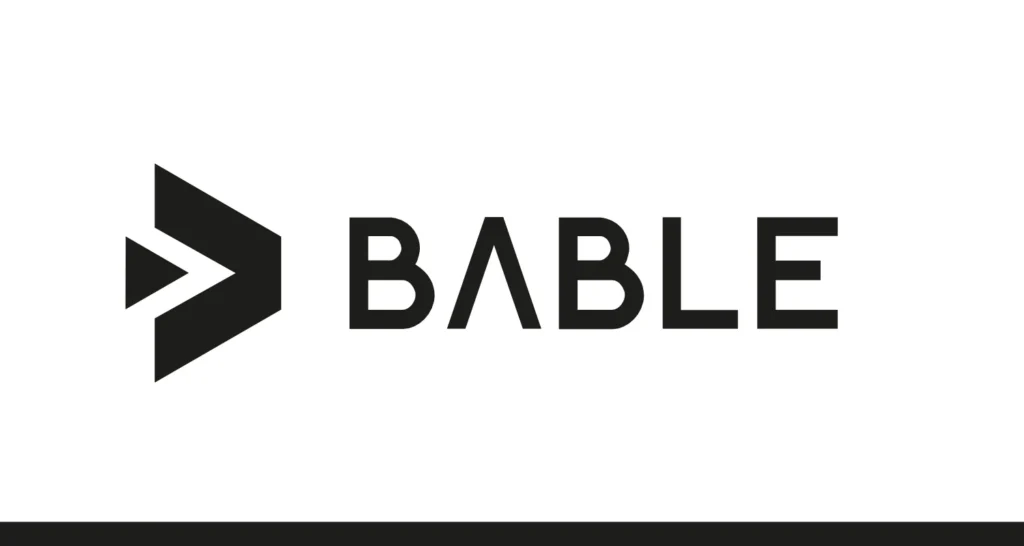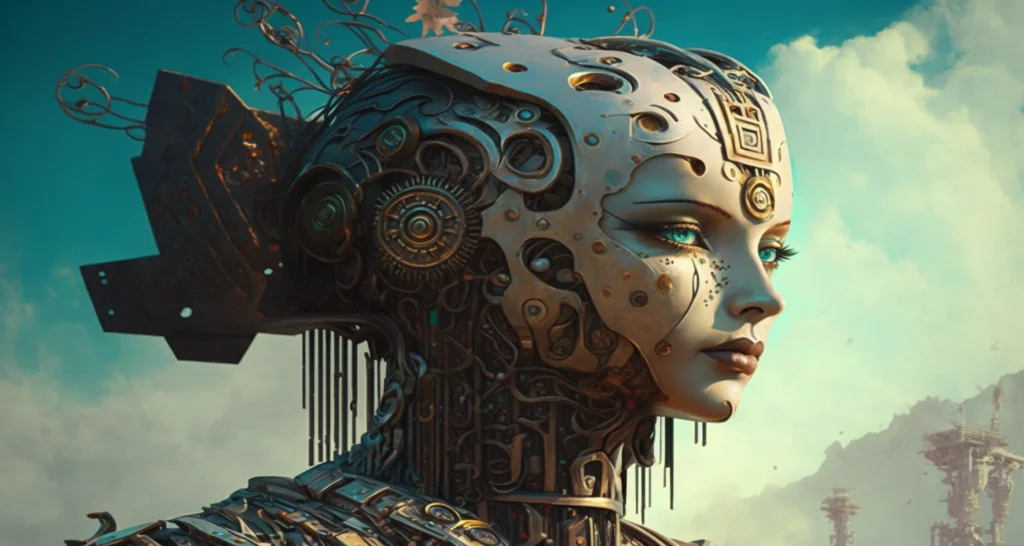McKinsey’s analysts predict that by 2020 the world’s number of smart cities will reach 600, and five years later they will account for nearly 60% of global GDP. Digital technology could become the driving force of economic progress, and the blockchain will undoubtedly be one of them.
The Smart City concept integrates big data and the Internet of Things (IoT) to optimize the efficiency of urban processes and services and to get closer to the people. One example of this innovation could be light sensors that save energy costs and provide road traffic supervision.
“Smart Future” is now underway. This whole process is not just about cryptocurrencies or payment services, it is a city where all processes are controlled by a blockchain. How automated systems will coordinate their activities and communicate with each other is currently being tested in Dubai, some cities in China, and the US.
UAE - Country Where Smart Cities Are Built Using Blockchain
Today, Dubai is considered one of the world’s most progressive digital cities. With unattended trains, automated sensors, taxis, solar panels, and Wi-Fi benches, it has everything a passionate futurist needs. Emirates government officials, however, do not end up with what has been achieved so far but actively implement the most innovative ideas to become the first “smart megapolis” based on blockchain by 2020.
Dubai is the world leader in the Smart City government, which began in 2014, and includes the gradual implementation of more than 545 projects that will change the way people and visitors to Dubai communicate with the city. Local authorities plan to create paperless digital space in the private and public sectors. The entire circulation of documents will take place in electronic form, making it simpler for citizens.
The introduction of a blockchain into the city’s structure should save about $ 1.5 billion and 25.1 million hours of work due to increased document processing efficiency. Blockchain will also be used in logistics and storage. This will help create a complete system of intelligent unmanned vehicles to transport products or materials.
Estonia
Since 2012, distributed cartoons have been used in Estonian national health, judicial, legislative, security, and commercial systems. Technology has already gone beyond experimentation and has achieved mass acceptance. In particular, the Estonian government has introduced a blockchain to give its citizens access to control their personal data.
For this reason, the Estonians can control, perceive and, if necessary, challenge illegal access to their information.The reason for such a progressive approach was the cyber-attack of 2007 when – at some point – the government and government websites were dropped due to heavy DDoS attacks. This has led Estonia to rethink its attitude to data security and to start using what we call the blockchain today.
China
Chinese authorities are planning to create 1,000 smart cities where the technology and data acquired should improve the lives of every citizen, says the Deloitte report. In January 2013, the Ministry of Housing, Rural Development and Rural Development formally announced the first list of national pilot intelligent cities that refer to this technology as a “sector that should be strengthened and promoted”. The first city of the future is Yinchuan, where traditional payments have ceased. Now, instead of tickets, cards and papers, it’s easy to show your face!
In April 2017 Wuzhen Think Tank released a white paper on the development of the Chinese blockchain industry. This document has brought global and domestic trends in blockchain and industry and has provided valuable insights to researchers and related businesses. At present, Chinese authorities are actively investigating the blockchain chain in terms of proper data retention. On April 24, China National Audit Office informed China of the use of technology to address the problems associated with centralized storage infrastructure.
Li Ming, an official working at the Ministry of Industry and Information Technology, has revealed that the Chinese national blockchain plan has been completed and will soon be announced. It is already known that national blockchain standards include data security, business and application standards, and other standards of credibility and interoperability. Each separate office and an accredited auditor will be assigned a separate node that will help reduce the government burden while providing a track record that records each transaction.
Whether it really will be realized or not, it is an official recognition of the beginning of a new digital era in China that has given a great impetus to the development of blockchain technology. And again, as in Estonia, the blockchain will become a security issue. In 2014, one of the largest banks in Hong Kong – Standard Chartered has lost nearly $ 200 million as a result of credit fraud. Fraudsters used duplicate invoices for the same goods to get money from banks. To prevent more financial frauds, Standard Chartered and the Singapore government agency used the blockchain to create a unique cryptographic hash for each invoice. Companies have been able to create an electronic invoice book that uses the parallel block platform used in Bitcoin transactions. This has ensured that no double operations will be carried out and banks will not borrow money for counterfeit invoices.
United States
Local authorities have recognized the potential of the blockchain in providing public services and are currently launching several projects at different stages of implementation.
The state of Delaware was the first to announce the Delaware Blockchain Initiative in 2016. This comprehensive program launched by the then Governor, Jack Markell, was designed to stimulate the use and development of blockchain technologies and intelligent contracts in the private and public sectors of the state. This initiative was intended to be a step in the prevention of future problems related to taxation and the recording of manipulations. But recently, the expectations of Delaware blockchain fans were interrupted, as the current report led by Governor John Carney showed more caution than his predecessor.
The new authorities are slow in mass blocking, focusing on traditional models of economy and enterprise management. Symbiont’s managing director, Symbiont, whose Symbiont company is cooperating with the former administration to move state archives to the blockhouse, is optimistic about the future adoption of this technology:
“The Blockchain partnership with Symbiont and Delaware continues to be positive. We firmly believe that the relationship between the private and public sectors that bring blockchain technology to state infrastructure will create progress that will benefit everyone. “
Who will be next?
In 2017, the Illinois Blockchain Initiative called for a consortium of state agencies to collaborate in exploring innovation using the blockchain.
West Virginia will start a pilot-based version of the blockchain to make regional elections in 2018.
New York and its Microgrid project have been developed specifically for households that want to buy and sell electricity produced by solar panels.













